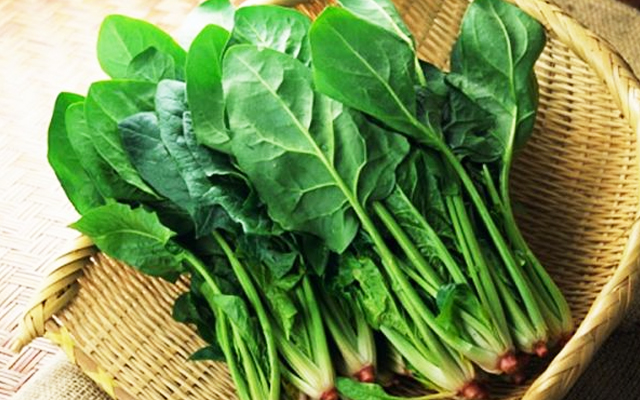Vitamin K is a fat-soluble vitamin that is essential for our bodies, but not everyone knows what diseases this vitamin can help people prevent.
Vitamin K can help reduce bleeding in some cases such as liver disease, malabsorption or long-term use of antibiotics. The main role of vitamin K is to help the blood clot well and limit the amount of blood lost when injured. If the body is deficient in vitamin K, your blood will not be able to clot and this can lead to death.
Vitamin K can also combine with calcium to help strengthen bones. A lack of vitamin K can cause osteoporosis. In addition, vitamin K can help prevent kidney stones. Because of their diet, vegetarians are people who absorb a large amount of vitamin K, so they do not get this disease. Vitamin K is also used to treat skin wounds.
Atherosclerosis is a dangerous disease that leads to heart attacks and strokes. Normally, arteries are soft and fold easily like soft plastic tubes. In the artery wall there is a layer of smooth muscle, when it contracts, it has a contraction effect to circulate blood. A hardened artery cannot contract. Aging is a major cause of arteriosclerosis. Vitamin K2 specifically keeps calcium and phosphorus from depositing in the aorta and reverses the effects of heart-damaging foods. Research has shown that vitamin K appears to stop the calcification and hardening of blood vessel walls.

Spinach is rich in vitamin K.
People have studied and discovered many positive effects of vitamin K. Vitamin K can help prevent cancer, increase bone density, limit cardiovascular disease, limit varicose veins, and reduce diabetes. Vitamin K plays an extremely important role in maintaining the body’s insulin secretion and use and reduces the risk of type 2 diabetes in adults by nearly 20%.
However, how much vitamin K is reasonable? As we know, vitamin K is abundant in green leafy vegetables (such as spinach, cabbage, kale, cauliflower, etc.) accounting for about 90% of the vitamin K absorbed by the body. Vitamin K is also found in meat, cheese and eggs. Don’t forget to supplement your body with vitamin K. People who do not eat vegetables regularly are at risk of vitamin K deficiency, because the body has the ability to store vitamin K in fat cells, so you only need to consume foods that provide it without having to consume foods rich in vitamin K every day.





